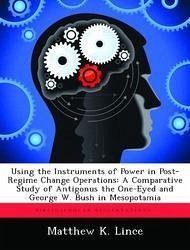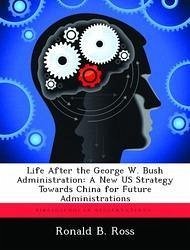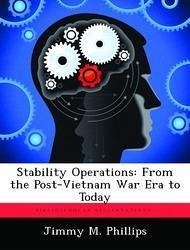
Using the Instruments of Power in Post-Regime Change Operations: A Comparative Study of Antigonus the One-Eyed and George W. Bush in Mesopotamia
Versandkostenfrei!
Versandfertig in über 4 Wochen
59,99 €
inkl. MwSt.

PAYBACK Punkte
30 °P sammeln!
Antigonus successfully secured, stabilized and administered most of the area controlled by the Persian Empire after their defeat by Alexander. How? A similar situation occurred in 2003 in the heart of the ancient Persian Empire -- the U.S. invasion of Iraq and the defeat of Saddam Hussein and his Ba'ath party. However, George W. Bush has been unable to secure, stabilize, and administer this territory after four years of major operations. Why? The answers come from analyzing both actors use of their available Instruments of Power (IOPs). Antigonus adeptly used all of the IOPs with a coherent st...
Antigonus successfully secured, stabilized and administered most of the area controlled by the Persian Empire after their defeat by Alexander. How? A similar situation occurred in 2003 in the heart of the ancient Persian Empire -- the U.S. invasion of Iraq and the defeat of Saddam Hussein and his Ba'ath party. However, George W. Bush has been unable to secure, stabilize, and administer this territory after four years of major operations. Why? The answers come from analyzing both actors use of their available Instruments of Power (IOPs). Antigonus adeptly used all of the IOPs with a coherent strategy to achieve his objectives. Bush relied heavily on the Military IOP to achieve his objectives and when he did attempt to use the other IOPs they were uncoordinated and poorly applied. Antigonus, while achieving significant success over twenty years, eventually lost his bid for empire and his life at a final showdown with his rival successors. Four yeas after a successful military invasion, Bush is also failing to achieve his objective of creating a peaceful democracy in the heart of the Middle East. Both leaders' failures can be traced to a common flaw too often found in great men.












